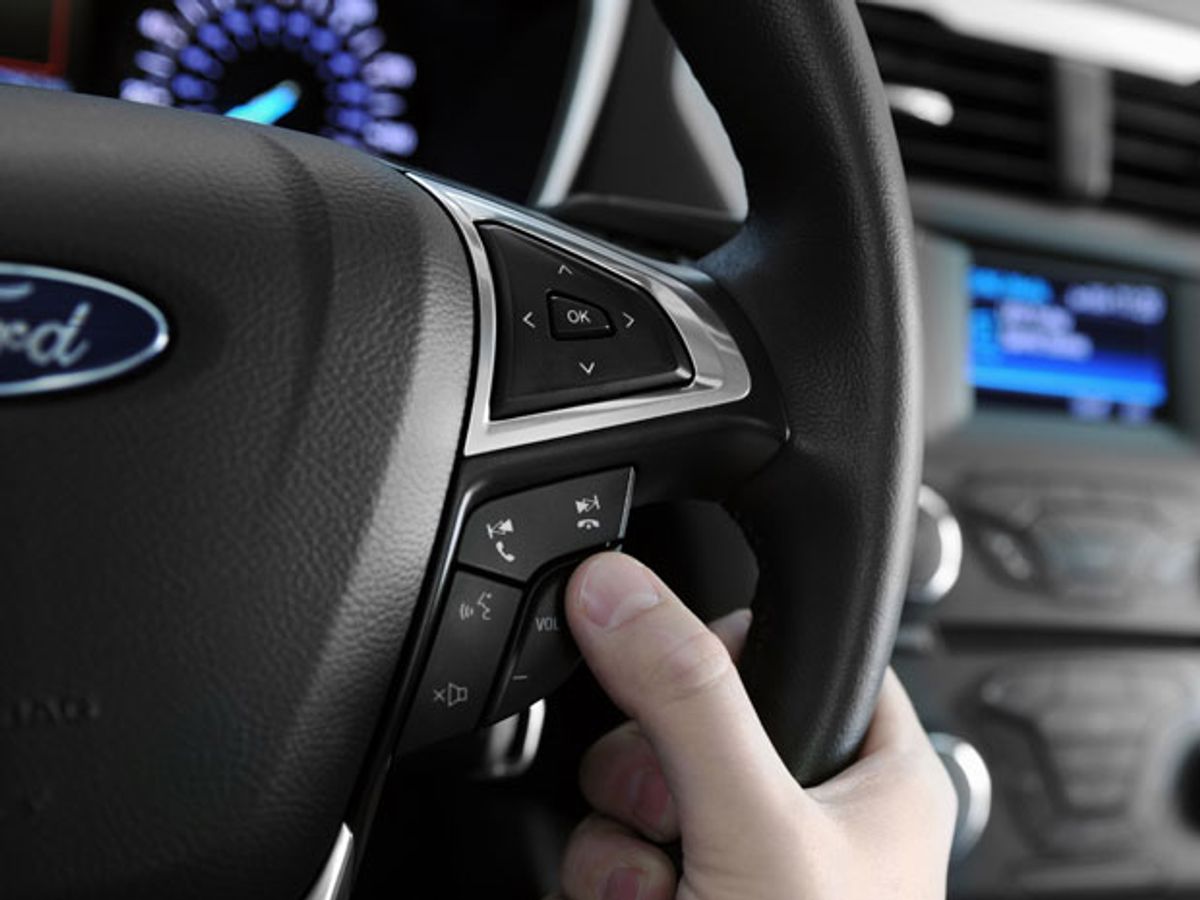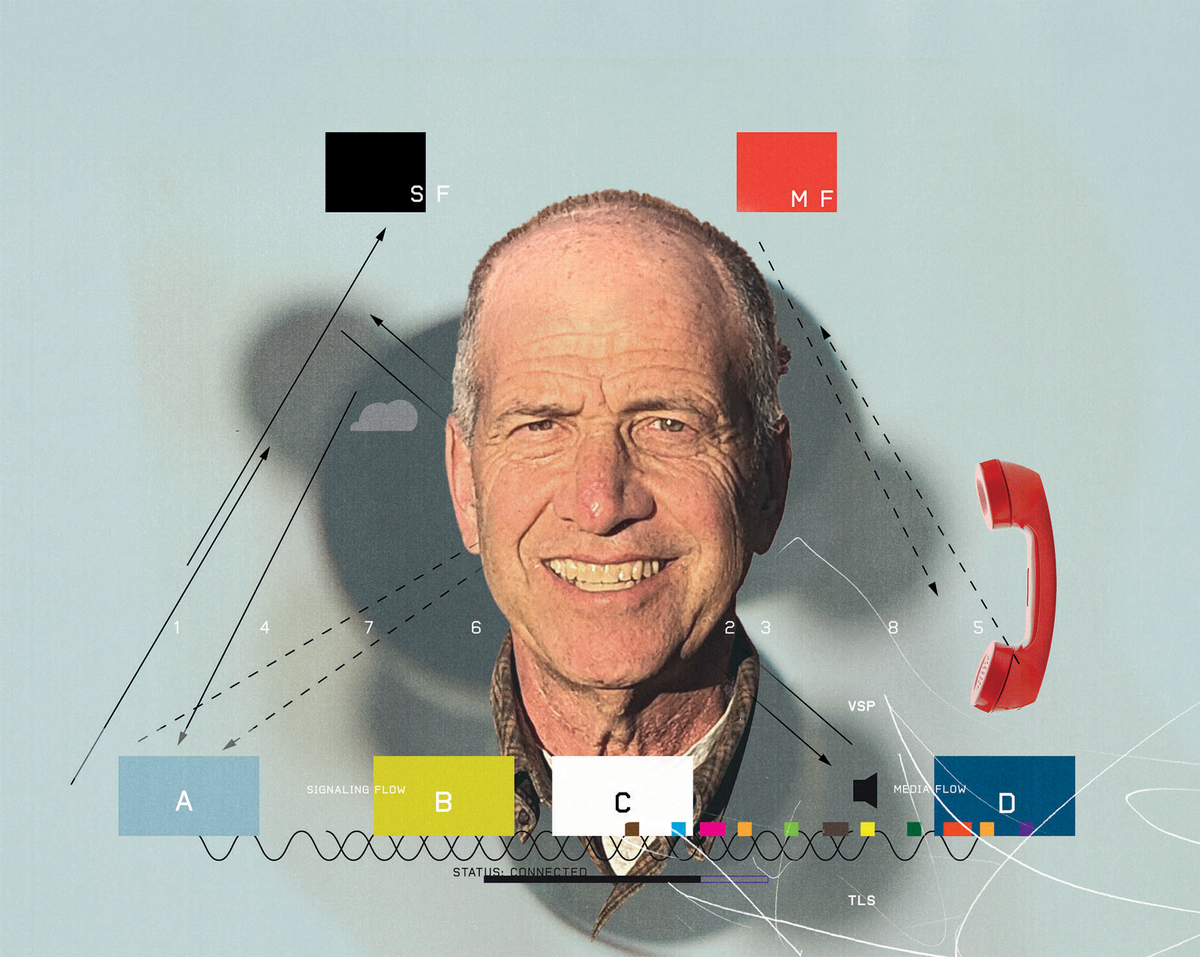A new music copyright lawsuit against U.S. car manufacturers may be one of the more puzzling rearguard actions fought by the U.S. recording industry in recent memory. The lawsuit has set its sights on Ford and GM for selling cars that can rip CDs onto vehicle hard drives—a legal tactic that may be doomed in the face of past court rulings that favored similar song-ripping devices.
The class action lawsuit comes from the Alliance of Artists and Recording Companies (AARC), a nonprofit focused on copyright protection for more than 300,000 artists, according to Computerworld. AARC's legal filing aims to collect potentially millions in royalties from Ford, GM, and the tech companies Denso and Clarion that built CD-ripping devices for vehicle models starting in 2011. The music industry association says such devices violate the Audio Home Recording Act of 1992, which technically requires the payment of royalties as well as the inclusion of technology safeguards to allow the copying of only legally-bought CDs.
Both Ford's "Jukebox" device and GM's "Hard Drive Device" have been sold for several years as part of vehicles such as the Lincoln MKS, Ford Taurus, Ford Explorer, Buick LaCrosse, Cadillac SRX, Chevrolet Volt, and GMC Terrain, according to a Torrentfreak article that first caught wind of the lawsuit.
If the lawsuit somehow prevailed, the music industry could collect damages worth $2,500 for every such device installed in a vehicle. But the AARC's legal argument could already stand on shaky ground considering the existing exemptions under the Audio Home Recording Act for PCs and many other devices. As Businessweek pointed out, a 1999 federal court ruling exempted devices that copied music digitally onto hard drives. Two years later, Apple released the first iPod without having to pay any such royalties to the music industry.
That legal history throws the lawsuit's success into serious doubt, according to Bill Herman, an assistant professor at Hunter College of The City University of New York. Herman, author of the book "The Fight Over Digital Rights," told Businessweek that the lawsuit represented the equivalent of the music industry trying to scare up "protection racket" money:
This is just an iPod built into a car, and the iPod isn’t regulated, so it’s silly to claim that this car audio system is regulated. If GM is actually on the hook for $2,500 per device, then Apple owes them roughly the GDP of a small country.
The lawsuit comes at a time when overall music album sales have fallen, even as digital music sales have steadily risen in the place of slumping CD sales. A Nielsen Soundscape report shows that just under 63 million CDs were sold in the first half of 2014, compared to more than 136 million CDs sold in the first half of 2009, according to the Wall Street Journal.
Jeremy Hsu has been working as a science and technology journalist in New York City since 2008. He has written on subjects as diverse as supercomputing and wearable electronics for IEEE Spectrum. When he’s not trying to wrap his head around the latest quantum computing news for Spectrum, he also contributes to a variety of publications such as Scientific American, Discover, Popular Science, and others. He is a graduate of New York University’s Science, Health & Environmental Reporting Program.



